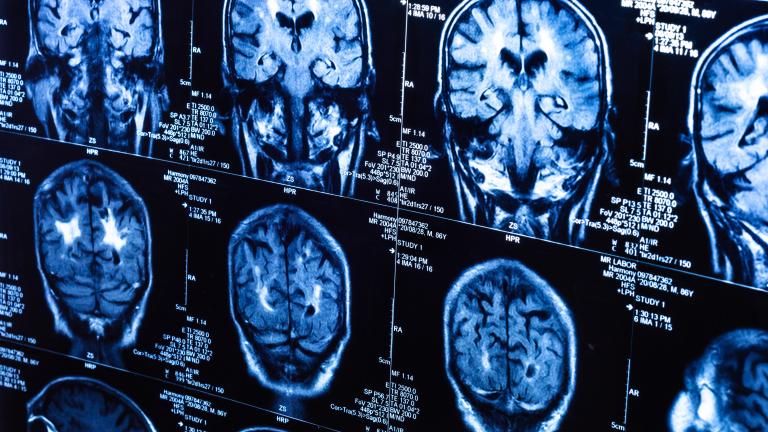
EF researchers work on a wide range of topics relating to the role of health and health care in fostering socio-economic development prospects at the individual and societal level, and ultimately in raising the wellbeing of populations. In these studies, we take account of socio-economic heterogeneity across cohorts and within cohorts as well as of heterogeneity across geographical scales. Our recent work has focused on the role of health care systems in fostering health and wellbeing, on the macroeconomic burden of disease, and on individual’s best responses to large health shocks as well as on heterogeneity in the outcomes.

Health care systems
In a diverse set of investigations, researchers at EF are assessing the role of the health care system in improving health, longevity and well-being while keeping track of the macroeconomic implications. A particular focus lies on the role of medical progress as a driver of increasing health care effectiveness.

Economic Burden of Disease
Applying rigorous macroeconomic modelling around a human-capital augmented production function and state-of-the-art projections, in this line of work EF researchers are joining force with international collaborators assessing the macroeconomic burden associated with a wide range of communicable and non-communicable diseases as well as the macroeconomic benefit of efforts aimed at disease reduction.

Health shocks
Large shocks to health significantly impact an individual's well-being. However, the effects can substantially vary between individuals. Researcher in EELC conducted a study investigating the relationship between socioeconomic environment (SEE) and survival after ST-segment elevation myocardial infarction (STEMI) separately for women and men in the City of Vienna, Austria. Furthermore, researchers in EDC used a theoretical framework to assess the impact of a potential life-altering health shock on the consumption and health expenditure decisions over the whole individual life-cycle.

Macroeconomic drivers and consequences of population change
Researchers at EF are exploring in a variety of projects and in collaboration with researchers at inter alia the Vienna Institute of Demography, the Vienna University of Economics and Business and the Harvard School of Public Health the nexus between population and economic change. This includes work on the impact of population ageing and population decline on human capital accumulation and sustained economic growth, the long-run impact of medical innovation on longevity and economic growth, as well as studies into the roll out of population changes over time.
Publications
Freiberger, M., Kuhn, M., & Wrzaczek, S. (2023). Modeling health shocks. IIASA Working Paper. Laxenburg, Austria: WP-23-002
Kelly, M. & Kuhn, M. (2022). Congestion in a public health service: A macro approach. Journal of Macroeconomics 74 e103451. 10.1016/j.jmacro.2022.103451.
Spitzer, S., di Lego, V., Kuhn, M., Roth, C., & Berger, R. (2022). Socioeconomic environment and survival in patients after ST-segment elevation myocardial infarction (STEMI): a longitudinal study for the City of Vienna. BMJ Open 12 (7) e058698. 10.1136/bmjopen-2021-058698.
Bloom, D.E., Kuhn, M., & Prettner, K. (2022). Modern Infectious Diseases: Macroeconomic Impacts and Policy Responses. Journal of Economic Literature 60 (1) 85-131. 10.1257/jel.20201642.
Chen, S., Prettner, K., Kuhn, M., & Bloom, D.E. (2021). The economic burden of COVID-19 in the United States: Estimates and projections under an infection-based herd immunity approach. The Journal of the Economics of Ageing 20 e100328. 10.1016/j.jeoa.2021.100328.



